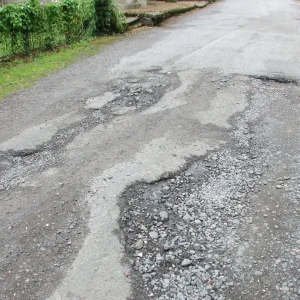Several London-based electric vehicle car clubs have rounded on Bollore, the network operator for Source London, following the French electric infrastructure and EV group’s decision to launch its own car club, which rivals see as a conflict of interest.
Zipcar and DriveNow, the latter of which operates London’s largest fleet of electric vehicles, are two of the car-sharing firms that have expressed concerns about Bollore launching its own service called BlueCity.
“If you look at other industries, there is typically a clear separation between provision of infrastructure and operation of services – there’s a good reason for that because lines do become blurred and conflicts can come into play,” Mark Walker, general manager of Zipcar UK, told BusinessCar, who also said there was uncertainty surrounding future pricing structures.
“Launching a [car club] service requires a long-term investment in cars, technology and operation,” he continued. “And to do that, you need to know you’re going to have access to charging infrastructure and it is going to be at a cost level that is sustainable and is viable, and I think the difficultly at the moment is that we don’t know the answer.”
“The concerns are very much on the table,” Joseph Seal-Driver, MD of DriveNow, told BusinessCar. “Bollore presented what their plans are to the other car-sharing operators last December, and we expect more information to come through in June or September, but that makes it quite difficult for us to plan and we’d like to invest in the future some more, but we don’t know where, at what cost and under what conditions we will be able to charge our vehicles from their charging points.
“We’ve made it clear that we want to work with whoever puts in electric charging points in London and will provide a revenue stream to them; however, we need to be convinced it is a fair and open playing field and we need to know what the details are,” he added.
Christophe Arnaud, MD of Source London, responded to concerns by saying: “BlueCity is a different company from Source London and they will have to pay the same amount of fees as the competition.” He added that the exact fee is being worked out at the moment and is likely to be implemented from next year “depending on developments”.
The launch of BlueCity has intensified the feelings of disenchantment the car clubs have had towards Bollore for the past year due to a decline in the numbers of charge point in London.
Bollore bought the Source London network and its 1400 charge points for £1m in 2014 from Transport for London, and said it would grow the network to 6000 charge points by 2018. At the moment, the Source London website still claims it will add 4500 sites by 2018; however, it also says it now only has “850-plus” charging sites in the network, and to hit the target it would have to add charge points at the rate of 250 a month.
Bollore claims that the number of points has not gone down and the difference in count is down to a different counting system employed by TfL and the French company.
“Having dedicated bays for EV users to park and charge is essential to avoid congestion and provide users with the best possible experience. This will also be a game changer once users are able to book the point of their choice in advance via a dedicated app,” a spokeswoman said.
Rivals have also claimed the decrease in the number of chargers has happened because the charge points are breaking down and there is speculation that Bollore is not paying the maintenance bill, hence the lack of repairs.





